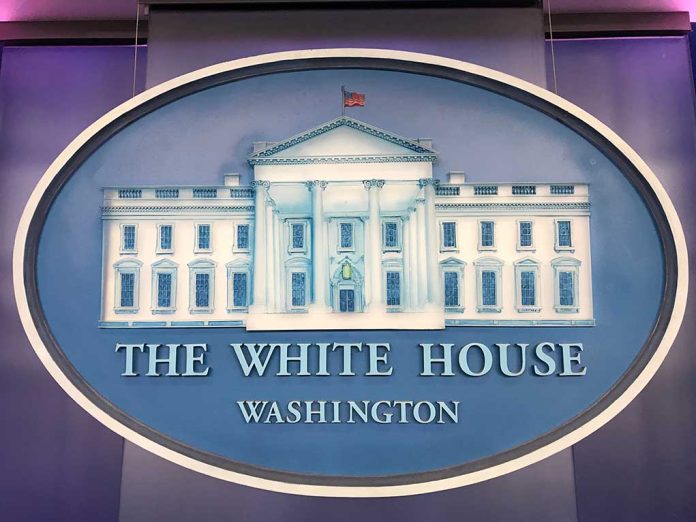
The Biden administration has approved a $2.2 billion arms deal with Saudi Arabia and the UAE, raising questions about its strategic implications in the Middle East.
At a Glance
- Significant arms sale approved by the Biden administration to Saudi Arabia and the UAE.
- The deal includes Hellfire and Sidewinder missiles.
- The initiative is aimed at strengthening U.S. alliances in the Middle East.
- The deal may impact the regional military balance.
Strategic Arms Deal Details
The Biden administration approved an arms sale to Saudi Arabia and the UAE, including advanced weapons like Hellfire and Sidewinder missiles. This sale, valued at over $1 billion, also includes artillery, tank, and machine gun ammunition. The U.S. State Department greenlit over $2 billion in foreign military sales, emphasizing the importance of bolstering strategic partnerships with these Middle Eastern allies.
This move comes amidst calls to counter threats from Iran, especially given the support to proxies such as the Houthis, who have targeted commercial shipping in the Red Sea, exacerbating regional tensions.
According to the Defense Security Cooperation Agency (DSCA), this deal underscores long-standing foreign policy and national security goals aimed at enhancing regional stability and military capacity among U.S. partners.
US Approves $2.2 Billion Arms Sale to Saudi Arabia and UAE#USarmsale #SaudiArabia #UAE #MiddleEast #Defense #Security #Military
US approves $2.2B arms sale to Saudi Arabia & UAE. Saudi Arabia gets Hellfire II missiles, artillery ammo, tanks, & more.
UAE gets GMLRS, M31A1… pic.twitter.com/Dq1IRxbeRs— Defense Arabia – دفاع العرب (@defensearabia) October 12, 2024
Implications of Lifting Restrictions
In August, President Biden lifted restrictions on offensive weapon sales to Saudi Arabia. This decision was part of efforts to encourage an end to its protracted conflict with Houthi rebels in Yemen. Saudi Arabia’s agreement includes the purchase of Hellfire II missiles, AIM-9X Block II Sidewinder tactical missiles, and other military ammunitions worth substantial amounts.
The UAE secured a $1.2 billion deal for Guided Multiple Launch Rocket Systems and Army Tactical Missile Systems, bolstering its long-range military arsenal. Both deals also incorporate comprehensive training programs and associated support services.
The Biden administration approved the sale of billions of dollars in weapons to Saudi Arabia and the United Arab Emirates https://t.co/1H2XpIMueb
— Bloomberg (@business) October 11, 2024
Potential Consequences in a Volatile Region
While these sales enhance the defense capabilities of Saudi Arabia and the UAE, there are concerns about their effects on the regional military balance. The infusion of advanced weaponry could alter longstanding power dynamics, raising the stakes in geopolitical conflicts.
Congress has the authority to review and potentially block these sales, which could influence ongoing contract negotiations. The Biden administration emphasizes that the enhancements are intended to foster political stability and economic progress in the Middle East, aligning with broader U.S. strategic interests.
Sources
1. More Than $2 Billion in UAE/Saudi Arabia Foreign Arms Sales Approved by U.S. State Department
2. US to Sell Up to $2.2 Billion in Weapons to UAE, Saudi Arabia









